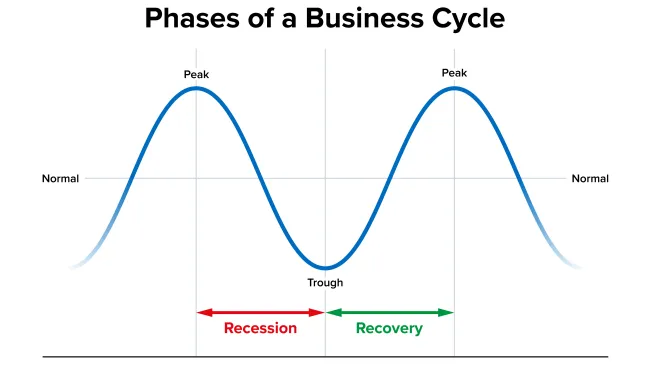People Are Not Upset Enough About the End of New START
The administration dismissed concerns about the last nuclear treaty between the US and Russia formally expiring last week. But even if this isn’t an exceptionally dangerous moment in itself, the end of New START reflects an incredibly disturbing trend.










